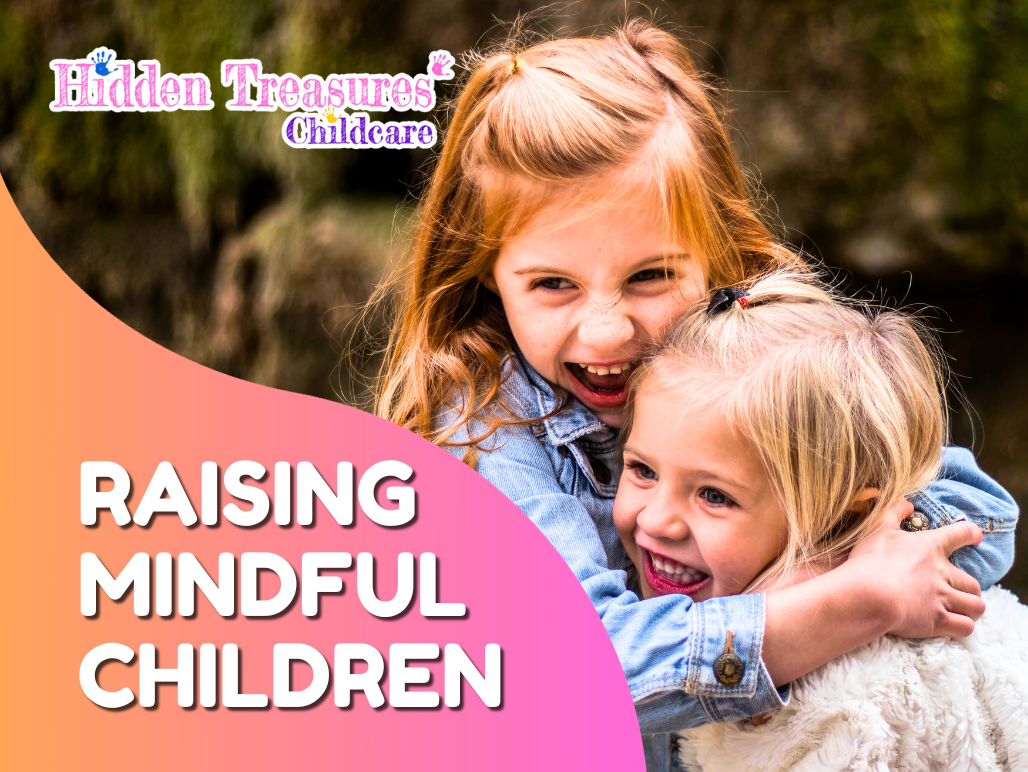
Raising Mindful Children: Nurturing Inner Peace and Well-Being
In a fast-paced world filled with distractions, cultivating mindfulness in children has become increasingly important. Mindfulness is the practice of being fully present in the moment, and it offers numerous benefits, including improved focus, emotional regulation, and overall well-being. In this blog, we'll explore the art of raising mindful children and share practical tips to nurture their inner peace and mental wellness.
Introducing Mindfulness:
- Mindfulness can be introduced to children through simple practices like deep breathing exercises or guided imagery. Start by explaining the concept of being aware of the present moment without judgment and encourage them to try short mindfulness exercises.
Mindful Breathing:
- Teach your child the power of deep, mindful breathing. It's a valuable tool for calming the mind and managing stress. Encourage them to take deep breaths when they feel upset, anxious, or overwhelmed.
Mindful Observation:
- Engage your child's senses by encouraging them to notice the world around them. Whether it's observing nature, listening to the sounds of the environment, or savoring the taste of a meal, this practice enhances their ability to be fully present.
Mindful Eating:
- Encourage your child to eat mindfully by savoring each bite and paying attention to the flavors and textures of their food. This practice not only fosters a healthy relationship with food but also promotes gratitude for nourishment.
Emotions and Self-Awareness:
- Teach your child to recognize and label their emotions. Discuss the importance of understanding their feelings and how mindfulness can help them manage strong emotions in a healthy way.
Mindful Play and Creativity:
- Encourage mindful play and creativity. Activities like drawing, coloring, or building can be done mindfully, where your child is fully engaged in the creative process, appreciating the moment.
Technology and Mindfulness:
- Help your child strike a balance between screen time and mindfulness. Discuss the importance of unplugging and spending time in nature, reading, or engaging in creative, screen-free activities.
Lead by Example:
- Children learn by observing their parents. Model mindfulness in your own life by incorporating it into your daily routines. Share your experiences and the benefits you gain from being mindful.
Conclusion:
Nurturing mindfulness in children is a gift that can positively impact their overall well-being. By introducing them to mindfulness practices, teaching them to breathe mindfully, and encouraging present-moment awareness, you're equipping them with valuable tools to navigate life with greater peace and resilience. Embrace the journey of raising mindful children, and you'll witness them developing essential life skills that will serve them well as they grow and face life's challenges with a sense of inner calm and well-being.
